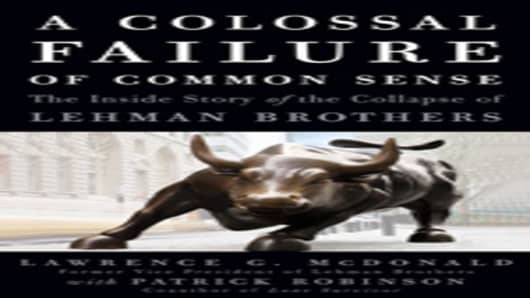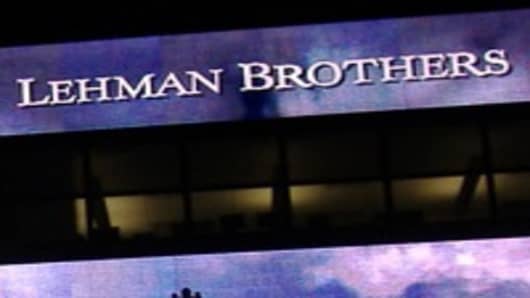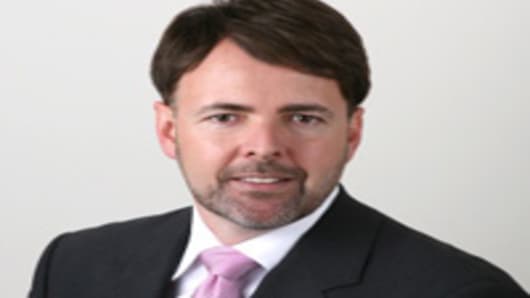A new book hitting the shelves today is getting a lot of attention. It’s the story of the rise and earth-shattering collapse of Lehman Brothers – a $600 Billion collapse - the largest bankruptcy filing in U.S. history.
A Colossal Failure of Common Sense: The Inside Story of the Collapse of Lehman Brothersby Lawrence G. McDonald with Patrick Robinson is the first book to tell the story behind the crash of Lehman a critical moment many say defined when our financial system went into free-fall.
McDonald, a former bond trader at Lehman says the firm’s leaders ignored all the warnings.
From the book's release he hopes to offer, "readers a fly-on-the-wall, insider look at the mad house that Lehman became. It will reveal never before told stories about the dark characters who ruled Lehman refusing to heed warnings that the company was headed for an iceberg; the world-class, mid-level people who valiantly fought to get Lehman off its disastrous course; the crash that didn't have to happen.”
Also in the book:
- An untold mutiny within Lehman upper management
- Three major warnings starting in May of 2005 that could have pulled Lehman back from the madness of the housing market
- Never before told efforts to save Lehman in the last days
McDonald the author of Colossal Failure of Common Sense: The Inside Story of the Collapse of Lehman Brothers is my guest blogger today and has written what follows below.






